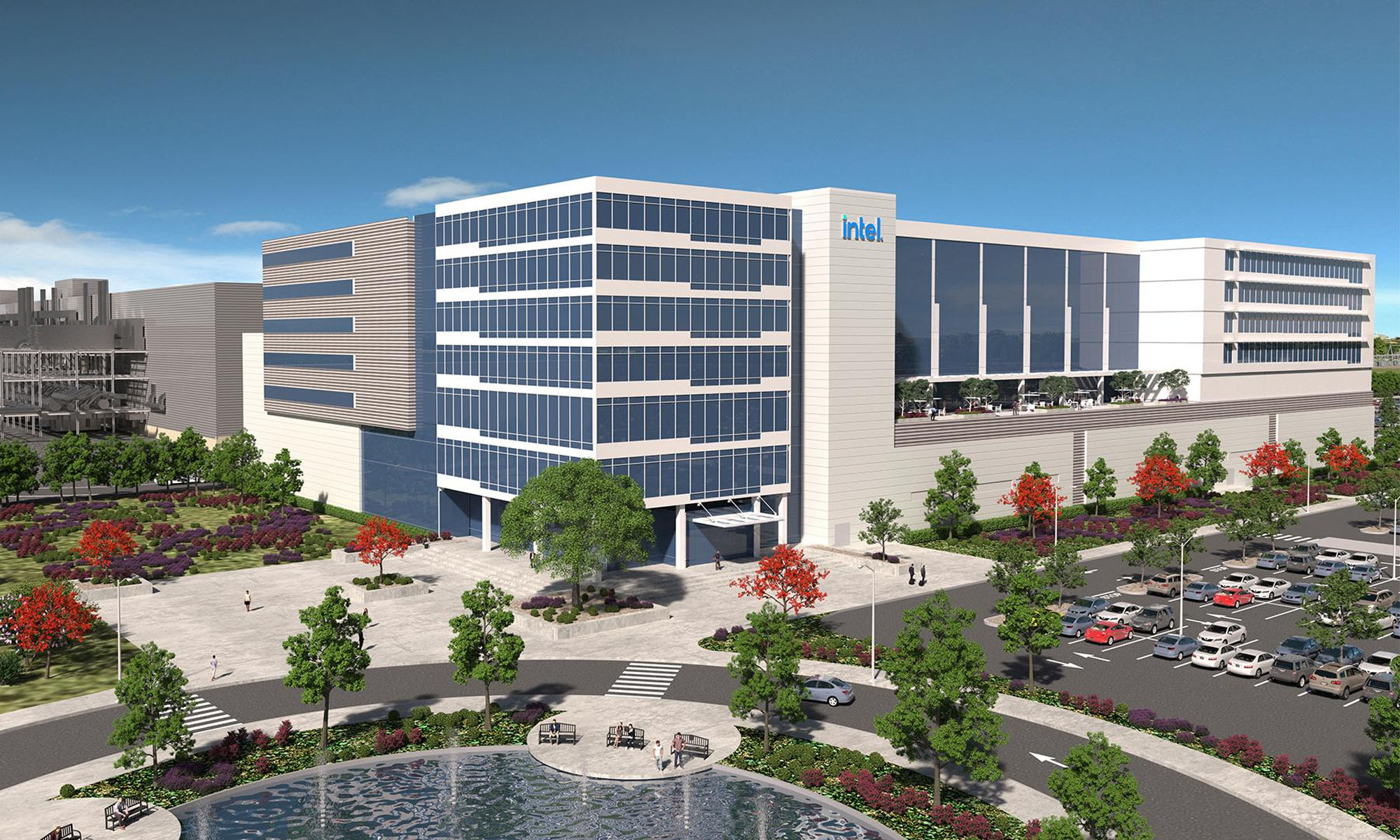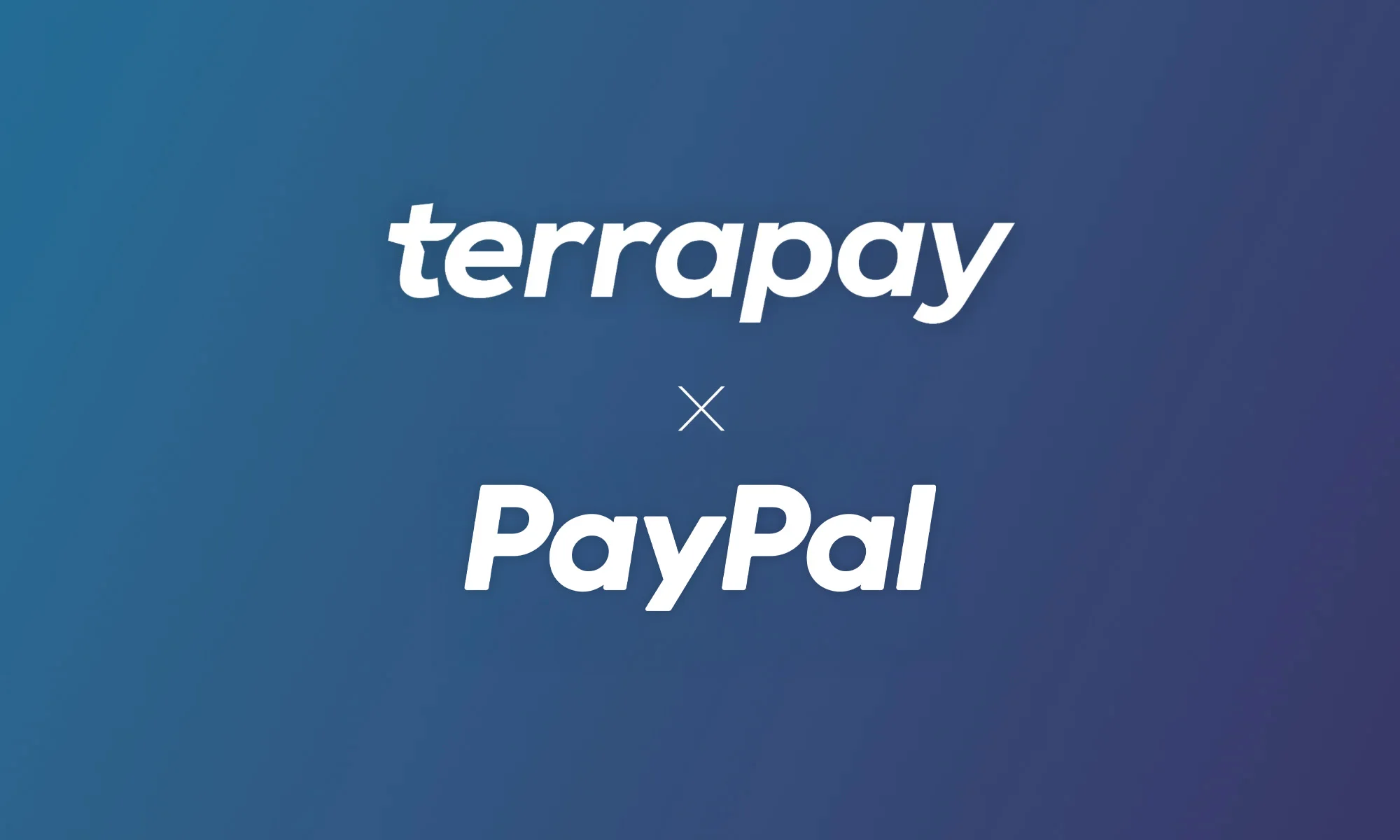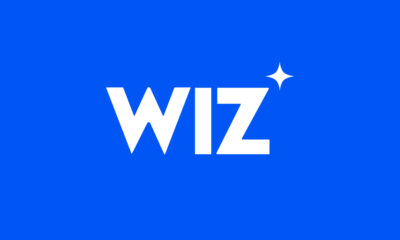News
Intel Invests Additional $15 Billion In Israeli Chip Facility
Intel’s huge investment comes in addition to the $10 billion already committed by the well-known processor company back in 2019.

On Sunday, Israel’s Ministry of Finance announced that the country had reached a new agreement with processor giant Intel that will see $25 billion of investment go towards an updated chip-making facility in Kiryat Gat.
The investment adds another $15 billion on top of the $10 billion earmarked for the proposed factory back in 2019, after the global COVID pandemic delayed construction. The new facility will be significantly more advanced than in the original plans, forming part of a larger production site known as Megafab.
Intel hasn’t yet commented directly on the investment details, but a press release was quick to praise Israeli expertise: “Israel is a global center of technical talent and innovation and one of Intel’s significant global manufacturing and R&D centers. Since its establishment in 1974, Intel Israel has played a crucial role in Intel’s global success. Our intention to expand manufacturing capacity in Israel is driven by our commitment to meeting future manufacturing needs and supporting Intel’s IDM 2.0 strategy, and we appreciate the continued support of the Israeli government”.
Also Read: Dubai Hospital Delivery Drone Completes Successful First Trial
Formal approval of the new agreement is expected to happen in a few weeks as Intel ramps up its international efforts to expand worldwide production capacity. According to a press release from the Israeli finance ministry, thousands of additional technicians will be required in Kiryat Gat, with Intel offering higher wages than the industry average. Additionally, the processor company has agreed to increase its tax obligations from 5% to 7.5%. Intel aims to close the investment deal and commence plant operations by 2027, operating the complex until at least 2035.
As manufacturers like Apple opt to develop their own processor architectures, Intel increasingly needs to adapt to a changing global market worth trillions of dollars. The company’s recent investment in Israel comes shortly after announcing a $4.6 billion deal to build a chip assembly and testing facility in Warsaw, Poland, and joins existing manufacturing facilities in Ireland and Germany.
News
PayPal & TerraPay Join Forces For Cross-Border MENA Payments
The collaboration will be especially helpful in regions where traditional banking infrastructure is limited or inconsistent.

PayPal has teamed up with TerraPay to improve cross-border payments across the Middle East and Africa. The move is designed to make it easier and faster for users to send and receive money internationally, especially in regions where traditional banking infrastructure can be limited or inconsistent.
The partnership connects PayPal’s digital payments ecosystem with TerraPay’s global money transfer network. The goal is to streamline real-time transfers between banks, mobile wallets, and financial institutions, significantly improving access for millions of users looking to move money securely and efficiently.
Through the partnership, users will be able to link their PayPal accounts to local banks and mobile wallets using TerraPay’s platform. This means faster transactions and fewer barriers for individuals and businesses across the region.
“The Middle East and Africa are at the forefront of the digital transformation, yet financial barriers still limit growth for many,” said Otto Williams, Senior Vice President, Regional Head and General Manager, Middle East and Africa at PayPal. “At PayPal, we’re committed to changing that […] Together, we’re helping unlock economic opportunity and build a more connected, inclusive financial future”.
For TerraPay, the deal is a chance to scale its reach while reinforcing its mission of frictionless digital transactions.
“Our mission at TerraPay is to create a world where digital transactions are effortless, secure, and accessible to all,” said Ani Sane, Co-Founder and Chief Business Officer at TerraPay. He added that the partnership is a major milestone for enhancing financial access in the Middle East and Africa, helping businesses grow and users move funds with fewer limitations.
Also Read: A Guide To Digital Payment Methods In The Middle East
The integration also aims to support financial inclusion in a region where access to global banking tools is still uneven. With interoperability at the core, TerraPay can bridge the gap between different financial systems — whether that’s a mobile wallet or a traditional bank — making it easier to send money, pay for services, or grow a business across borders.
As the demand for cross-border payment options continues to rise, both PayPal and TerraPay are doubling down on their commitment to provide reliable, secure, and forward-looking financial tools for the region.


























